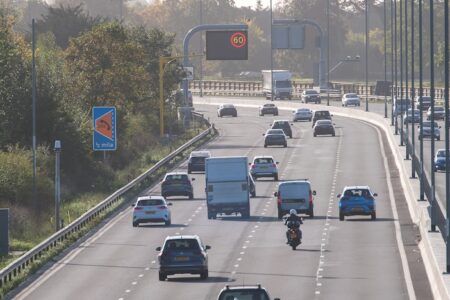The European Emergency Number Association (EENA) and Waze, the crowdsourced traffic information and navigation application, have entered into a data-sharing partnership to understand and evaluate the use of Waze in emergency response scenarios at a number of pilot sites in Europe.
EENA is a non-governmental organization based in Brussels (Belgium), with the mission to contribute to improving the functioning of emergency services for European citizens using the 112 phone number. Its membership includes more than 1,300 emergency services representatives from over 80 countries worldwide, 90 systems and services providers, 11 international associations/organizations, more than 200 Members of the European Parliament (MEPs) and more than 90 researchers. EENA is actively involved in the pan-European eCall automatic emergency response system, which will become mandatory in all new cars from April 2018.
Social navigation pioneer, Waze is powered by the world’s largest community of drivers who drive with the app turned on, passively contributing real-time traffic and other data to fellow users (Wazers), while also actively sharing reports on incidents that could affect others.
The EENA-Waze project aims to evaluate how this crowdsourced anonymous data can be used in emergency management to improve response operations. Four pilot sites around Europe will be selected to join the project and test different case-scenarios. The pilot test sites are going to be selected at the end of April, and project is expected to run until November.
EENA and Waze will select the pilot sites based on their potential impact, geographic spread, and overall balance across the different emergency services and humanitarian organizations. Pilot sites will need to join the Waze Connected Citizens Program (CCP) in order to integrate the app’s data into their Computer Aided Dispatch (CAD) system. They will also feed data into the Waze platform using the company’s Closure and Incident Feed Specification (CIFS).
The program aims to:
Understand how the use of this data in emergency management can improve response times and operations;
Understand the good practice regarding the integration and use of traffic and road incident data with CAD systems;
Gain experience from the use-case scenarios and identify how the data exchange can be fully integrated in the command and control process and how it could be analyzed in real-time or in a post-event review;
To gain a deeper understanding of the impact of this data on emergency response;
Evaluate how Waze users can avoid delays caused by an emergency incident.
“We have always been about connecting people with each other to improve the quality of their driving experience,” said Adam Fried, of Waze global partnerships. “We are excited to expand this community to emergency first-responders, and see how our data can help them optimize their route planning and contribute to public safety.”
Alexis Gizikis, EU projects manager at EENA, noted, “Waze data could improve the work of first-responders dramatically. What we hope to see is a decrease in response times and an effective two-way communication channel between citizens and authorities.”




